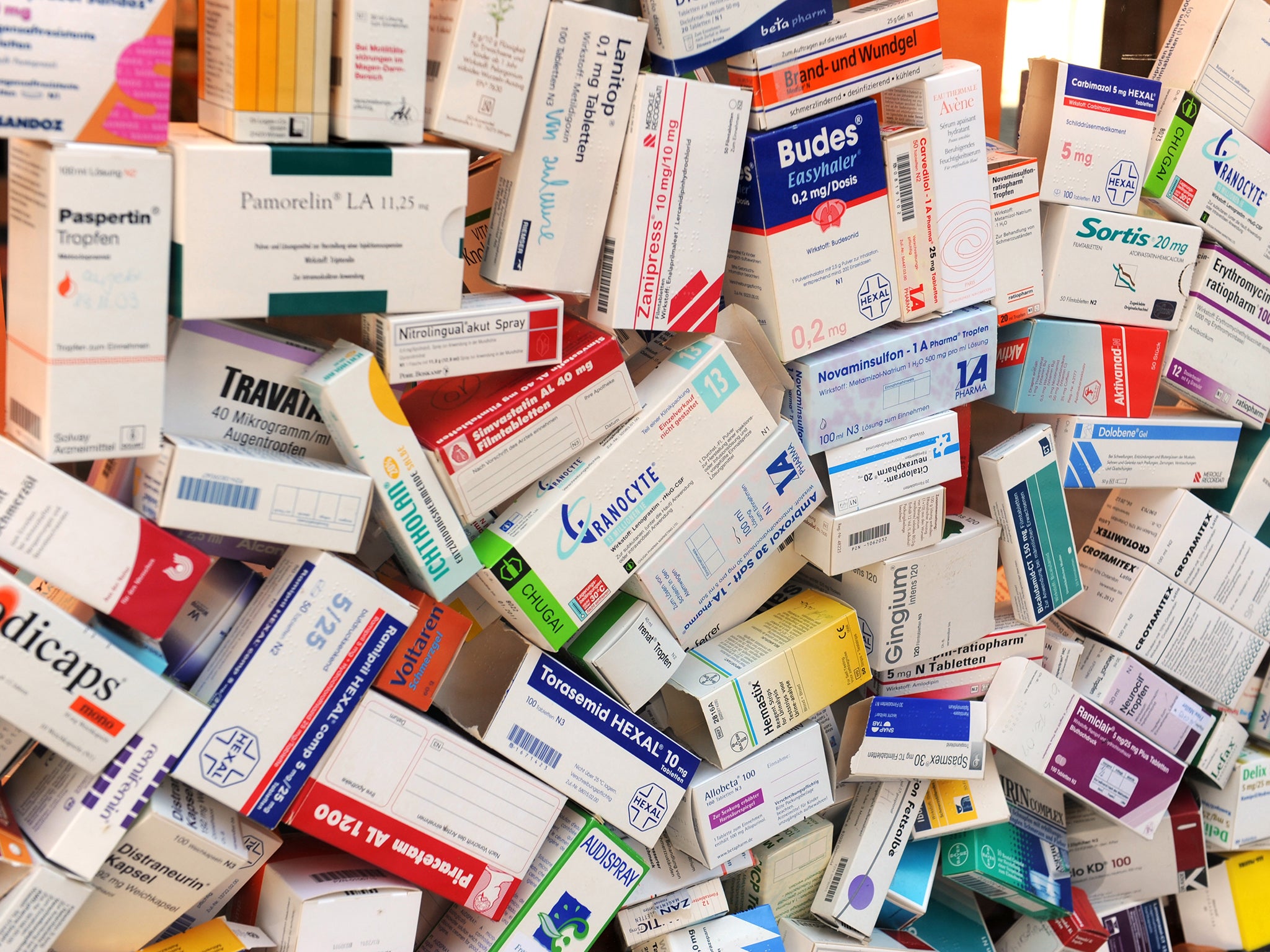Drug used to treat Parkinson’s disease appears to make healthy people more selfish, says study
Meanwhile, the researchers also say a treatment for depression can make them less likely to harm others

Your support helps us to tell the story
From reproductive rights to climate change to Big Tech, The Independent is on the ground when the story is developing. Whether it's investigating the financials of Elon Musk's pro-Trump PAC or producing our latest documentary, 'The A Word', which shines a light on the American women fighting for reproductive rights, we know how important it is to parse out the facts from the messaging.
At such a critical moment in US history, we need reporters on the ground. Your donation allows us to keep sending journalists to speak to both sides of the story.
The Independent is trusted by Americans across the entire political spectrum. And unlike many other quality news outlets, we choose not to lock Americans out of our reporting and analysis with paywalls. We believe quality journalism should be available to everyone, paid for by those who can afford it.
Your support makes all the difference.A drug used to treat Parkinson’s disease appears to make healthy people more selfish, while a treatment for depression can make them less likely to harm others, according to a new study.
Dr Molly Crockett, an Oxford University psychologist who led the research, told The Guardian that drugs were not turning “a healthy person into a criminal”. However the study found they could alter behaviour in unexpected ways.
Healthy people given one dose of a serotonin booster drug used for people with depression became more reluctant to give other people an electric shock.
Normally people prefer to receive an electric shock than to give one to another person. But this tendency disappeared among those given levodopa, a dopamine-enhancing drug used for people with Parkinson’s.
“The drugs have consequences that reach out into the world beyond the patient,” Dr Crockett said.
“The central message is we need to have more research into how these drugs affect behaviour, both in healthy people and in people taking them for disorders.
“We’re not transforming someone from a healthy person into a criminal or anything like that. But in aggregate we make decisions multiple times a day and they can shape our lives.”
A paper about the research in the journal Current Biology said 175 people were given either anti-depressants, levodopa or placebos for one or the other.
They were then split up into pairs with one person given the chance to make money by giving an electric shock to the other.
However money could also be paid to prevent shocks. Those given a placebo offered to pay an average of 35p to stop themselves receiving a single shock and 44p to stop someone else getting one.
Those on the serotonin booster offered to pay 60p to stop themselves getting a shock and 73p to stop someone else getting one. Those on levodopa offered an average of 35p to stop shocks to themselves or others.
“The dopamine drug made people more selfish,” Dr Crockett said. “Most people show this pattern where they think it’s worse to harm other people than to harm oneself. That’s abolished by the drug.”
Join our commenting forum
Join thought-provoking conversations, follow other Independent readers and see their replies
Comments